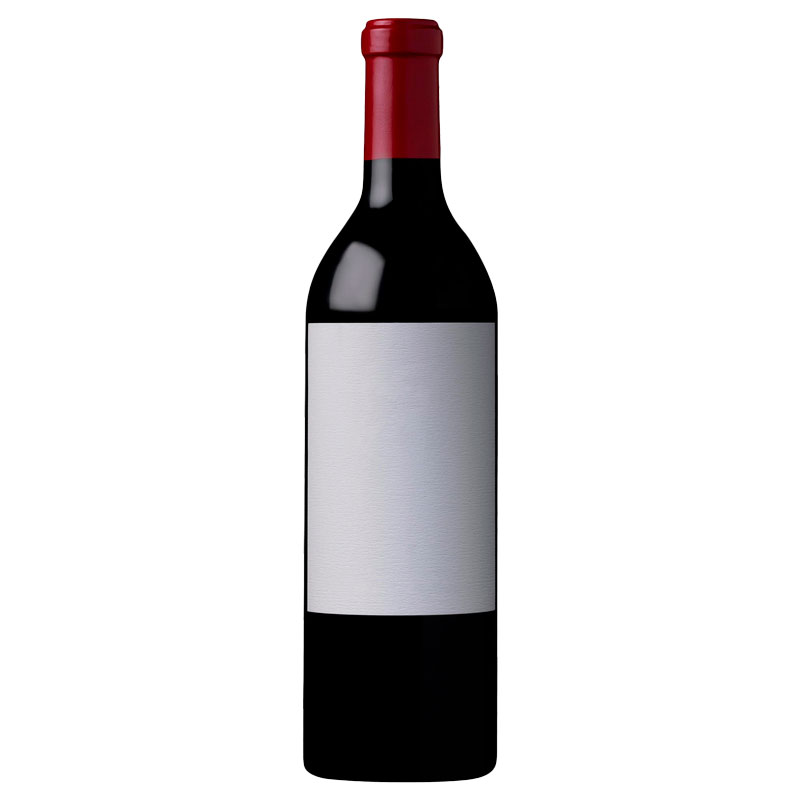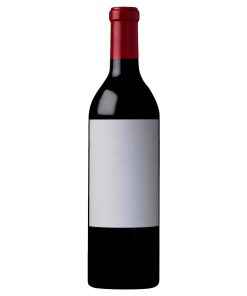1999 Oremus Tokaji Aszu 5 Puttonyos White
1999 Oremus Tokaji Aszu 5 Puttonyos White with scents of candle wax, dried mango, peach skin and a faint trace of mulled wine. The palate is actually better than the nose suggests. It is extremely well-balanced with better acidity (10.8 grams per liter). There is very good weight here, with pure notes of dried mango, peach, quince and citrus lemon. It is very harmonious and the finish has a sense of effortlessness that makes this utterly adorable.
Tokaji should need no introduction – one of the greatest and certainly most individual styles of sweet wine found anywhere. Indeed, in the 18th century, this liquid gold was the most highly-prized and sought-after wine in the world, served to Princes, Kings and Czars at every capital in Europe. Louis XIV famously pronounced it “Wine of Kings and King of Wines”. Admittedly, he was bribed with several barrels of Eszencia, but his opinion carried even more weight at the time than that of Robert Parker today!
Hungarian Wine, Best known for lusciously sweet dessert wines but also home to distinctive dry whites and reds, Hungary is an exciting country at the crossroads of tradition and innovation. Mostly flat with a continental climate, Hungary is almost perfectly bisected by the Danube River (known here as the Duna), and contains central Europe’s largest lake, Balaton. Soil types vary throughout the country but some of the best vines, particularly in Tokaj, are planted on mineral-rich, volcanic soil.
Tokaj, Hungary’s most famous wine region, is home to the venerated botrytized sweet wine, Tokaji, produced from a blend of Furmint and Hárslevelű. Dry and semi-dry wines are also made in Tokaj, using the same varieties. Other native white varieties include the relatively aromatic and floral, Irsai Olivér, Cserszegi Fűszeres and Királyleányka, as well as the distinctively smoky and savory, Juhfark. Common red varieties include velvety, Pinot Noir-like Kadarka and juicy, easy-drinking Kékfrankos (known elsewhere as Blaufränkisch).
Related products
2014 Oremus Tokaji Aszu 6 Puttonyos White 2014 Oremus Tokaji Aszu 6 Puttonyos White has a bright golden color with dense and sinuous lines. Clear notes of honey arrive on the clear nose, but also reminiscent of citrus fruits, mainly mandarin, with fruity hints of fish and pear. Legacies of pastry and cinnamon.In the mouth, the [...]

